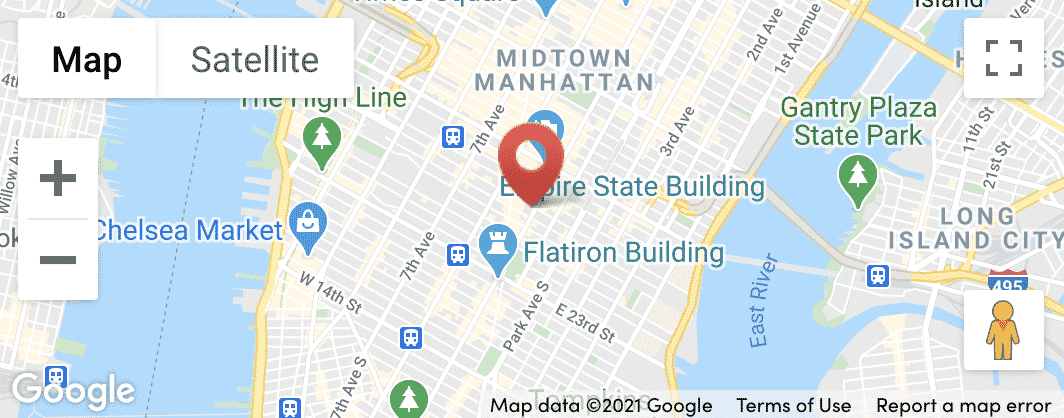Being a young adult is a time of immense change. The period between your late teens and early 20s is both scary and exciting.
These are some of the most formative years of your life, which tend to shape the person you become later on in life. From teenage development and peer pressure to higher education and major career choices, the pressure of young adulthood is real.
Learn more about the issues and societal pressure young adults face in today’s world and how a therapist for young adults could help!
id=’1964′]
Getting to Grips With Young Adult Issues
Not so long ago, the young adult period was classified as occurring between the ages of 20 and 45 years old. Today, this age range has changed drastically and now falls in the period of 18–35 years old.
Due to the numerous and rapid changes characterizing this period of life, it can be overwhelming. And the truth is, some young adults just cope far better than others.
This is where young adults may find therapy incredibly beneficial.
Young adulthood can be characterized by both intimacy and isolation.
Major Life Transitions
During a young adult’s life, they go through a number of major transitions. These are of a sexual, cognitive, emotional, and psychological nature. Basically, this a lot of change for a person to handle—especially if their emotional development is not up to par with fellow peers.
Major milestones in a young adult’s life include graduating from high school and moving into new adult roles with new responsibilities—not to mention forming new friendships, choosing a career path, moving away from home, and entering the workforce.
A young adult is also expected to accept legal responsibility for themselves, make their own decisions, and, in most cases, support themselves financially.
In a nutshell, young adulthood could be characterized by both intimacy and isolation. You are developing an intimate relationship with yourself and others while learning to live independently at the same time.
Mental Health Effects
Naturally, this time in life makes for plenty of confusion and pressure. And this is known to lead to the development of common issues such as depression and anxiety in young adults.
In fact, the rate of depression and suicide in the United States alone is among the highest in this particular age group. According to the Center for Disease Control and Prevention, approximately one in 10 deaths in adults is a result of suicide.
It’s worth noting that some young adults are at higher risk of suicide due to the following factors:
- Experiencing a traumatic life event
- Experiencing abuse in any form
- Family history of suicide
- Family history of depression
- Family history of mental health issues
- Being incarcerated
- Substance abuse
- Alcoholism
- Excessive amounts of stress
- Peer pressure
During this time in life, many young adults are diagnosed with mental health issues such as bipolar disorder or schizophrenia. Other common mental health issues include eating disorders, major anxiety, and substance abuse.
In essence, all of these mental health disorders can be attributed to the major life shifts experienced by a young adult.

Young adults are developing an intimate relationship with themselves and others while learning to live independently at the same time.
How a Therapist For Young Adults Can Help
The support and neutrality of a mental health practitioner can be an immense help to many young adults. This is especially true if a young adult is prone to mental health issues or depression.
But how is their support any different from that of a loving a parent? How can a therapist help during this transition from adolescence to adulthood?
In essence, a therapist is a neutral party, and they are able to act as a sounding board without judgment.
Many young adults may feel ashamed or obligated to speak about their struggles with a parent. They may also feel unsupported, pressurized, and misunderstood by those closest to them due to a changed perspective on the world.
Therapy sessions offer a young adult the chance to unload and speak about their issues with a professional who has an outside perspective on it all.
Many young adults may feel unsupported, pressurized, and misunderstood by those closest to them due to a changed perspective on the world.
Methods of Therapy
Young adults who opt for help regarding their mental health benefit from a number of different interventions and modalities of therapy.
Some of the most popular forms of therapy include cognitive behavioral therapy and interpersonal therapy. These are both highly successful forms of therapy that help young adults alter negative thought patterns. They also focus on forming personal goals and working towards those instead.
Some of the most common themes that are explored during young adult therapy include:
- Parental ties—not feeling comfortable with living independently
- Differing world views from parents—is it okay to have different beliefs?
- Fear and anxiety around being successfully independent and supporting oneself
- Confusion over life goals and how well a person really know themselves
- Unsure whether values and goals are really their own, or influenced by parents
- Peer pressure and the confusion and anxiety around not ”fitting in”
During these therapy sessions, young adults are also encouraged to lean on and develop support networks around them.
Family therapy is also an option for young adults who may be struggling to cope with changing family dynamics, such as divorce, separation, or death of a loved one.
All in all, the life of a young adult is a jumble of highs and lows that can be exhilarating and exhausting all at the same time. If your child is going through this phase in their life, keep in mind how they are coping with all of this change.
If you begin to notice signs of depression or anxiety such as changes in mood, appetite, or behavior, talk to your child about consulting with a therapist!

The life of a young adult is a jumble of highs and lows that can be exhilarating and exhausting all at the same time.
Take Control of Your Mental Health With Us
At Clarity Therapy NYC, we aim to help you rediscover and reconnect with yourself and the ever-changing world around you.
If you’re looking for a therapist for young adults, look no further than our young adult counseling services.
A version of this post originally appeared on our sister site, NYC Therapy + Wellness.





